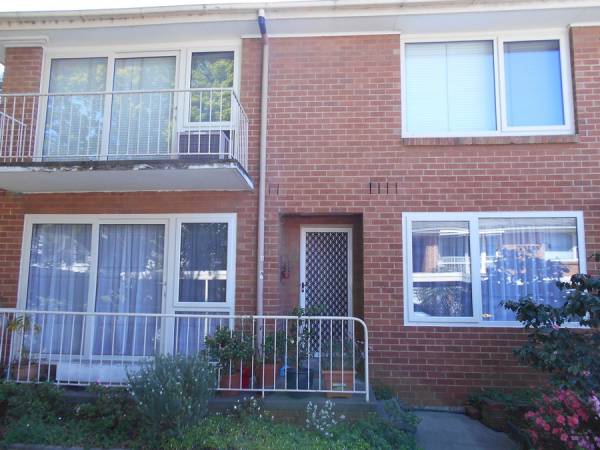Double Glazing Windows is a fantastic way to improve the performance of your home. It's not just about keeping it warm and cosy but also about reducing noise, increasing energy efficiency and improving the overall feel of your property.
However, there are some common misconceptions about double glazing that can put people off from making this investment in their homes. Here we debunk five myths associated with double-glazed windows:
Myth 1 – Double Glazed Windows Are Only Good to Keep the Home Warm
Double glazing is not just a great way to keep the home warm, and it's also effective at keeping the home cool.
When used in conjunction with air conditioning systems, double glazed windows are highly effective at reducing energy bills and allowing a comfortable temperature throughout your house.
In addition to its benefits for heating and cooling your home, double glazing can provide an added layer of security by effectively insulating against noise from outside and providing protection from intruders.
Myth 2 – Double glazed windows are expensive and only for the rich.
Double Glazing Windows is a cost-effective way to improve the energy efficiency of your home. Double glazing will help prevent cold drafts, reduce condensation, cut down on noise pollution and more.
It is easy to think that double glazed windows are only for the rich or famous but this couldn't be further from the truth. There are many ways to get double glazing at a reasonable price; you just need to know where to look!
Myth 3 – Double Glazed Windows Condensate
It is not uncommon for double glazed windows to experience condensation on the inside of the glass. This is a natural process caused by changes in temperature and can be minimised with some simple steps.
Condensation is simply water that has been absorbed into the air trapped within your window between two layers of glass. It forms as a result of hot air immediately being cooled when it comes into contact with cold glass, which causes the water in the warm, humid room behind to condense on the cooler surface of your window pane.
Condensation is nothing to worry about! It occurs naturally and can occur in any building (even those without double glazing). In fact, if you look at most buildings, you'll see that they have small amounts of condensation collecting somewhere - whether it's on windows or roof tiles - but this doesn't mean they're defective or poorly installed!
Myth 4 – New Build homes tend to have double glazed windows
There is a misconception that double glazing is only for new builds, but this is not the case. New homes must have double glazed windows and doors as part of their construction due to increased energy efficiency standards.
This can result in less noise from traffic or other external noises and improve the overall temperature control within your home during the summer months when it's hot outside and cool inside.
Double glazed windows also help keep cold drafts at bay during colder weather, improving air quality and making you feel more comfortable in your home!
Myth 5 – Double Glazing Can't be Repaired.
One of the most common misconceptions around double glazing is that it can't be repaired. This is not true at all! If you have a faulty Double Glazing Windows, you can get it repaired or replaced with a new one.
This depends on your budget and personal preferences. It pays to remember that even though repairs may work for some people, in some cases, they might actually cause more damage than good if not done properly by an experienced professional.
Conclusion
Double glazed windows are not only for the rich and famous. They allow you to save money on your heating bill and can improve your home's insulation. With so many myths surrounding them, it is understandable that people may be unsure about whether they should invest in upgrading their existing windows or installing new ones altogether.
The key thing is that if you have any doubts, then don't hesitate to ask an expert like a local window company who will be able to answer any questions or concerns quickly and effectively.

No comments:
Post a Comment